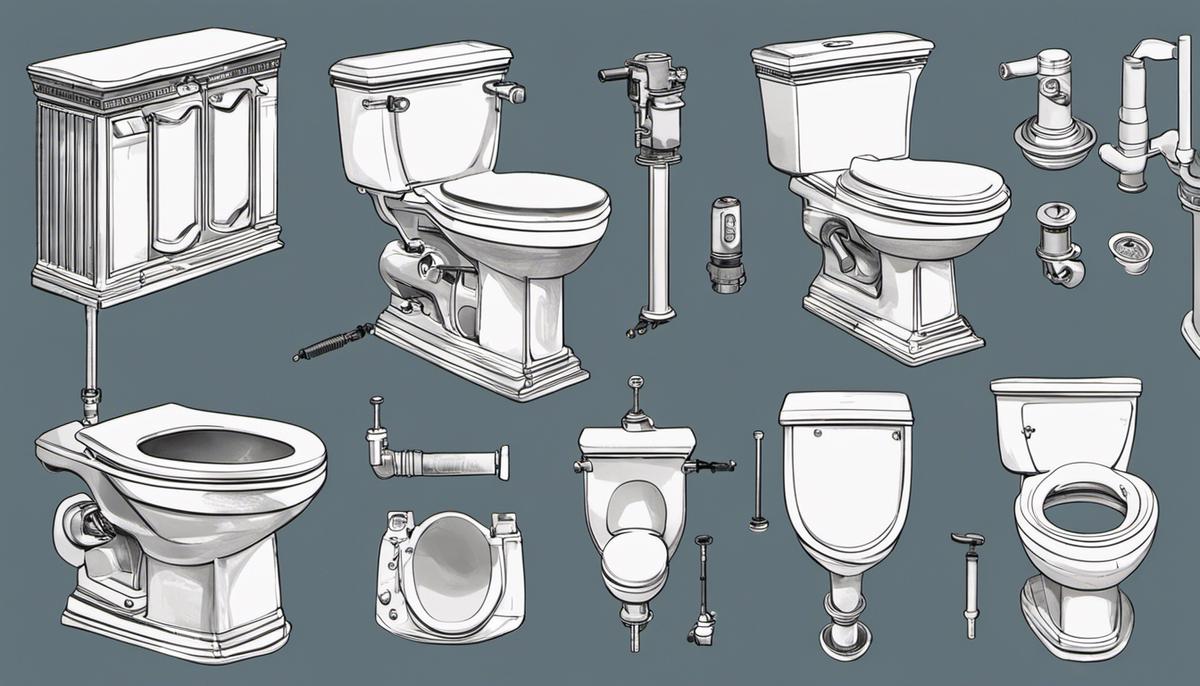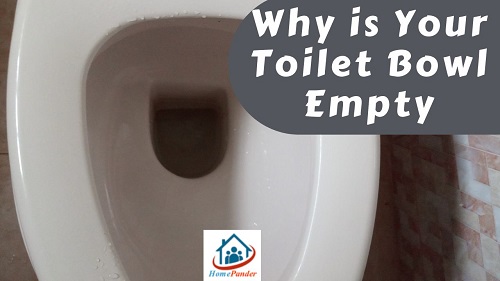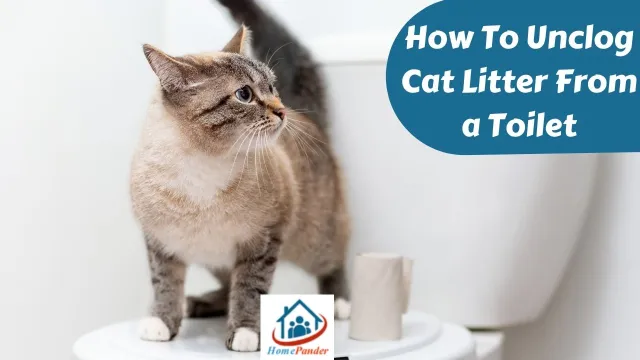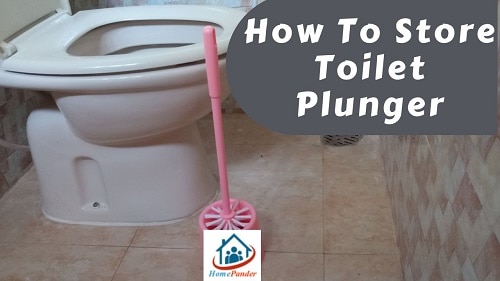Ant infestations can disrupt the harmony of our living spaces and even pose health risks in certain cases.
While Lysol is primarily known for its disinfecting properties, some people wonder if it can also serve as an effective ant killer.
Does Lysol Kill Ants? To answer this question, we must first understand what Lysol is and how it interacts with ants.
| Methods | Lysol | Dedicated Ant Insecticides | Natural Remedies |
|---|---|---|---|
| Effectiveness | Partially effective, kills ants on contact | Highly effective, targets ant colonies | Variable effectiveness, repels or eliminates ants |
| Long-Term Solution | Temporary relief, may not eradicate entire colony | Comprehensive solution, eliminates colonies | Limited effectiveness for severe infestations |
| Chemical Impact | Disrupts ant exoskeleton and communication | Targets ants’ nervous system and reproductive capabilities | Utilizes natural substances to repel or eliminate ants |
| Usage Safety | Follow instructions and warnings | Follow instructions and safety precautions | Generally safe, but can vary based on specific remedies |
| Availability | Widely available | Available at home improvement stores or online | Readily available and can be homemade |
| Professional Assistance | Not required for minor infestations | Recommended for persistent or severe infestations | Not required for minor infestations |
| Cost | Relatively affordable | Costs vary depending on brand and type | Cost-effective or inexpensive |
| Long-Term Prevention | Requires additional preventive measures | May require additional preventive measures | May require additional preventive measures |
| Environmental Impact | Moderate impact | Some insecticides may have higher environmental impact | Minimal environmental impact |
Understanding Lysol
Lysol is a well-known brand of cleaning and disinfecting products. It contains active ingredients, such as benzalkonium chloride or ethanol, which are designed to eliminate bacteria, viruses, and fungi on surfaces.
Lysol is typically used to sanitize and deodorize various areas of the home, including kitchens, bathrooms, and living spaces.
Ant Infestations: Causes and Concerns
Before delving into the effectiveness of Lysol against ants, it’s important to understand the causes and concerns associated with ant infestations.
Ants are attracted to food sources and often enter our homes in search of sustenance. They can contaminate food, damage property, and in some cases, even sting or bite humans. It’s crucial to address ant infestations promptly to prevent further issues.
How Does Lysol Kill Ants?
Disrupting the Ant’s Exoskeleton
Lysol can be effective against ants due to its ability to disrupt their exoskeleton. Ants have a waxy layer on their bodies that helps retain moisture and protects them from external threats.
When sprayed with Lysol, the chemicals present can penetrate this layer and cause dehydration, ultimately leading to the death of the ant.
Impact on Ant Communication
Ants rely on chemical signals to communicate with each other and navigate their surroundings. Lysol can interfere with these chemical trails, disrupt their communication, and hinder their ability to find food sources or return to their nests.
By disrupting their communication network, Lysol can contribute to the disarray within an ant colony.
Killing Ants on Contact
Lysol is formulated to kill various types of microorganisms on contact, including bacteria and viruses.
While it can be effective against ants when sprayed directly, it may not have the same level of potency as dedicated insecticides designed specifically for ant control.
Effectiveness of Lysol against Ants
While Lysol can offer some benefits when it comes to killing ants, it is essential to recognize its limitations and consider it as a temporary solution rather than a comprehensive method of ant extermination.
Lysol as a Temporary Solution
Lysol can provide immediate results by killing ants on contact. It can be useful for eliminating visible ants and reducing their numbers temporarily.
However, since Lysol is primarily designed as a disinfectant and not an insecticide, it may not address the root cause of the ant infestation or prevent ants from returning in the long run.
Limitations of Lysol for Ant Control
While Lysol may be effective against individual ants, it may not reach the heart of the ant colony.
Ant colonies consist of a complex network of tunnels and chambers, often hidden within walls, floors, or outdoor spaces.
Spraying Lysol directly on visible ants may not eradicate the entire colony or prevent new ants from entering your home.
Alternatives to Lysol for Ant Extermination
| Methods | Description |
|---|---|
| Natural Remedies | Utilize substances like vinegar, lemon juice, cinnamon, or essential oils to repel or eliminate ants. |
| Diatomaceous Earth | Powdery substance that damages ants’ exoskeletons, causing dehydration and death. |
| Boric Acid | Effective in bait stations, damages ants’ digestive systems when ingested. |
| Ant Baits | Attract ants with a mixture of food and insecticide, which they carry back to the colony, killing the entire population. |
| Essential Oil Sprays | Certain essential oils, like peppermint or tea tree oil, can repel ants and disrupt their trails and communication. |
| Food-Grade Diatomaceous Earth | Safe for use around humans and pets, it damages ants’ exoskeletons and dehydrates them. |
| Dish Soap and Water | Create a mixture of dish soap and water to spray directly on ants, disrupting their exoskeletons and suffocating them. |
| Vinegar and Water Solution | A mixture of vinegar and water can repel ants due to its strong scent and disrupt their chemical trails. |
| Cornmeal | Ants cannot digest cornmeal properly, causing their stomachs to expand and eventually leading to their death. |
| Cucumber Peels | Place cucumber peels in areas where ants are active, as the scent repels ants and keeps them away. |
| Mint Leaves | Plant mint leaves or use dried mint near entry points or areas of ant activity, as ants dislike the strong smell of mint. |
| Cayenne Pepper | Sprinkle cayenne pepper powder in areas where ants are present, as they are averse to the spicy scent and will avoid those areas. |
| Chalk | Draw a line of chalk across entry points to create a barrier that ants will not cross, as they dislike the calcium carbonate. |
| Ultrasonic Repellents | Emit high-frequency sound waves that are unpleasant to ants, causing them to avoid the area. |
| Professional Pest Control Services | Seek the assistance of pest control experts for severe or persistent ant infestations. They have access to targeted treatments. |
For more comprehensive and long-term ant control, alternative methods and products can be considered.
Natural Remedies
Several natural remedies can help repel or eliminate ants. These include using substances like vinegar, lemon juice, cinnamon, or essential oils with ant-repellent properties.
While these remedies may work to some extent, their effectiveness can vary, and they may not provide a complete solution for severe ant infestations.
Professional Pest Control
In cases of persistent or severe ant infestations, it is advisable to seek the assistance of professional pest control services.
Pest control experts have specialized knowledge and access to professional-grade insecticides that can effectively eliminate ants while minimizing risks to humans and pets.
Prevention Tips to Keep Ants at Bay
Preventing ant infestations is always preferable to dealing with them after they occur. Here are some preventive measures to consider:
Seal Entry Points
Identify and seal any cracks, gaps, or openings that ants can use as entry points into your home. Pay attention to areas around windows, doors, pipes, and utility lines.
Eliminate Food Sources
Keep your kitchen and dining areas clean and free of crumbs, spills, and food debris. Store food in airtight containers, clean up spills promptly, and regularly empty trash bins.
Maintain Cleanliness
Regularly clean your home, paying attention to areas where ants are commonly found, such as countertops, floors, and pet feeding areas. Wipe down surfaces with a mixture of water and vinegar to deter ants.
Safety Considerations when Using Lysol
While Lysol can be effective against ants, it’s important to use it safely and according to the instructions provided on the product label.
Follow Instructions and Warnings
Read and follow the instructions, precautions, and warnings provided on the Lysol product packaging.
Use the product only as intended and avoid using it in areas where it may come into contact with food or food preparation surfaces.
Keep Lysol Away from Children and Pets
Store Lysol and any other cleaning or pest control products out of the reach of children and pets. Ensure proper ventilation when using Lysol and avoid exposing pets or sensitive individuals to the spray mist.
Related Questions
Can Lysol completely eradicate an ant infestation?
Lysol can kill individual ants and provide temporary relief, but it may not eliminate the entire ant colony or prevent future infestations. For comprehensive eradication, it is recommended to use dedicated insecticides or seek professional pest control services.
Are there any natural remedies that are effective against ants?
Certain natural remedies like vinegar, lemon juice, cinnamon, and essential oils can help repel or eliminate ants to some extent. However, their effectiveness may vary, and they may not provide a complete solution for severe infestations.
Is Lysol safe to use around children and pets?
Lysol should be used according to the instructions on the product label. Keep it out of the reach of children and pets and ensure proper ventilation when using the product.
How can I prevent ants from entering my home?
To prevent ants, seal entry points, eliminate food sources by maintaining cleanliness, and consider using ant-repellent substances like vinegar or essential oils. Regular cleaning and proper food storage can also help deter ants.
When should I consider professional pest control for ant infestations?
If you have persistent or severe ant infestations that are not effectively controlled by DIY methods, it is advisable to consult professional pest control services. They have the expertise and access to specialized products to eliminate ants and prevent future infestations.
Conclusion
Lysol can serve as a temporary solution for killing ants and reducing their numbers. However, it may not be the most effective long-term method for comprehensive ant control.
To address ant infestations more effectively, it is advisable to consider alternative solutions such as natural remedies or professional pest control services.
Additionally, implementing preventive measures and maintaining cleanliness can help keep ants at bay and minimize the chances of infestations.



![How To Clean Dark Grout That Has Turned White [5 Easy Ways]](https://homepander.com/wp-content/uploads/2021/12/How-To-Clean-Dark-Grout-That-Has-Turned-White.webp)
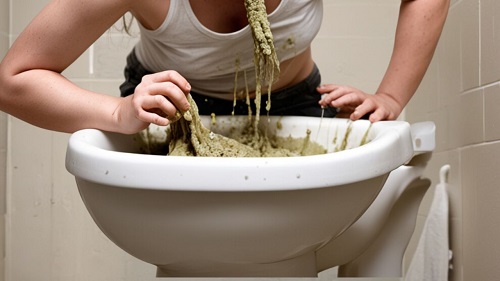
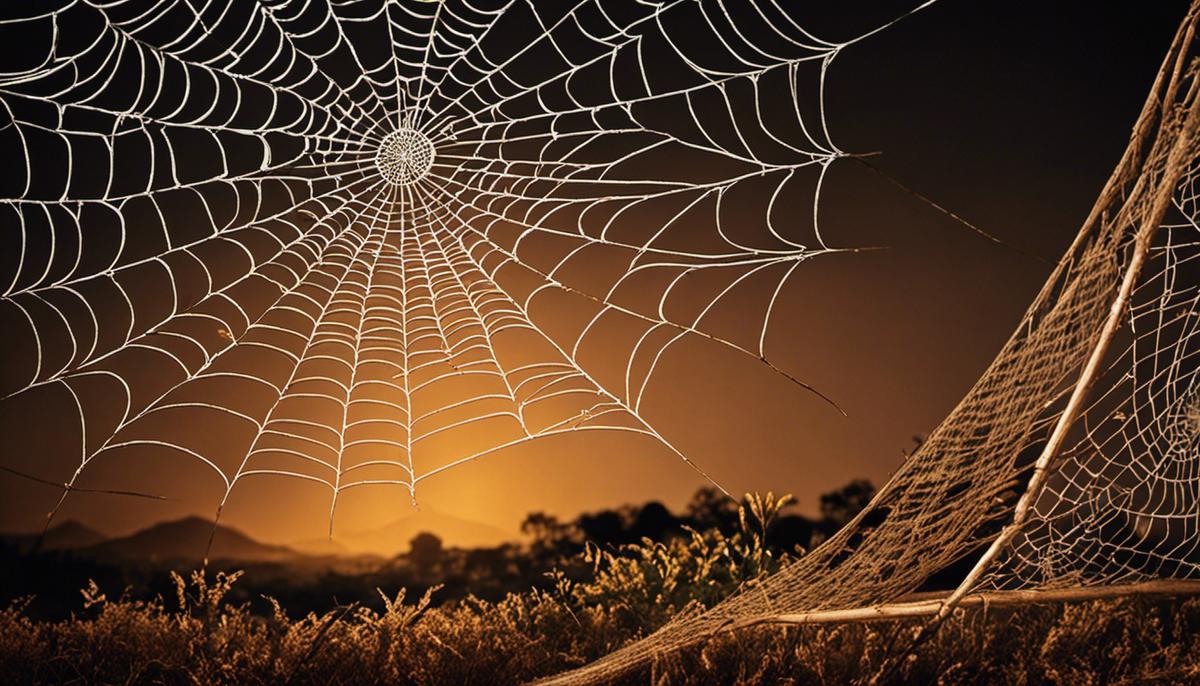
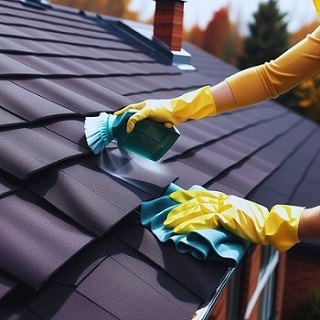





![How to Remove Crystallized Urine [Explained]](https://homepander.com/wp-content/uploads/2022/02/How-To-Remove-Crystallized-Urine.jpg)
